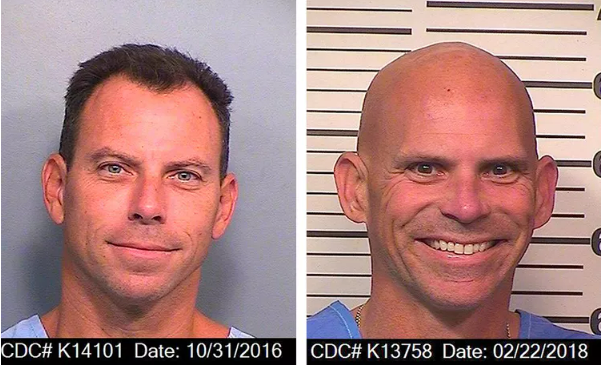Studies Indicate New Magnetic Brain Therapy Can Eradicate Suicidal Thoughts
Suicidal thoughts affect millions across the globe and often those millions go untreated. While there is no surefire way to cure someone from his or her own thoughts, suicidal ideas can be suppressed with the right treatment plan and therapy options.
Currently, doctors and researchers are working on a therapy to actually erase suicidal thoughts in the dramatic part of the brain in clinically depressed patients. This could be the key to saving the lives of individuals who so desperately need it.
A specific kind of magnetic brain stimulation has reportedly reduced suicidal thinking in a majority of those with hard-to-treat depression, according to a study conducted by the Center for Addiction and Mental Health (CAMH). In fact, the CAMH’s researchers found that 40 percent of people who participated in the study were freed of suicidal thoughts after receiving bilateral repetitive transcranial magnetic stimulations (rTMS).
The process involves the sending of magnetic pulses directed at a targeted area of the brain. This study involved the frontal lobes, where rTMS were activated five times a week for any given period of time. Using an entirely random process, some participants received the rTMS to both the right and left lobes of the brain, others were only treated on the left frontal lobe, and the last group was given a placebo.
After nearly six weeks of treatments, the results were astonishing. Project leader Dr. Cory Weissman of the Temerty Centre for Therapeutic Brain Intervention reported that 40 percent of the patients who were previously diagnosed with clinical depression were eradicated of suicidal thoughts.
According to a study published in Brain Stimulation, suicidal thoughts were actually cut in half after just one treatment using rTMS. This study involved research being preformed on veterans who were suffering as their minds betrayed them. After approval from the FDA to test these low doses of rTMS, the green light turned on and researchers conducted a study to determine whether a more intense treatment regimen might be feasible for those fighting to keep themselves alive.
After only three short weeks of treatment, nearly all who were involved saw significant decreases in their suicidal thoughts. In fact, of the 41 veterans who received the treatments, all lived to make it to their six month follow up appointment. The treatment had worked.
This has led to new research being done as to just how far rTMS treatment can truly go. Studies are in the works to discover if this path can lead to a cure for schizophrenia and even bipolar disorder. With options such as rTMS, the medical world is looking at significant improvements in the psychological well-being of millions.











